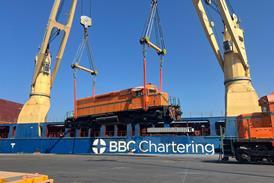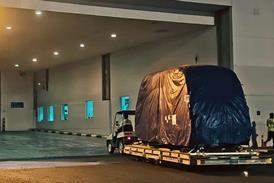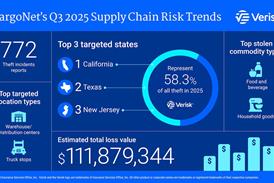Tadano’s German operations – Tadano Demag and Tadano Faun – have begun a strategic restructuring programme and filed for protective shield proceedings (Schutzschirmverfahren).
Partly modelled on Chapter 11 of the US Bankruptcy Code, the protective shield proceeding is generally regarded as the most ‘restructuring-friendly’ legal option available in Germany for distressed companies. It enables companies with a chance to stabilise their business while staying in control of their operations.
Tadano said that during the proceedings, companies draw up a dedicated restructuring plan with some temporary regulations coming into effect to make it easier for companies to reorganise. The manufacturer added: “Protective shield proceedings can only be applied to companies that are solvent and for which a successful restructuring is likely – as it is the case with both Tadano Demag and Tadano Faun.”
Tadano added that these proceedings would accelerate the integration of Demag Mobile Cranes, which it acquired in 2019.
Production at Tadano Demag and at Tadano Faun in Germany is ongoing and all existing and new orders are being fulfilled.
Both companies have been confronted with shrinking markets and mounting competitive pressure for some time. Covid-19 and the resulting economic challenges have exacerbated these challenges.
Speaking during the ESTA Awards of Excellence 2020 webinar, Chris Sleight, managing director of Off-Highway Research, painted a gloomy picture for crane manufacturers. He said that in unit terms the global crane market is divided – China versus the rest of the world.
While there is strong demand coming from China – with 40,000 truck cranes and a few lattice boom crawler cranes sold last year – the market for the rest of the world is a different picture, with much smaller figures. Sleight said that the market is selling roughly 8-10,000 cranes a year.
For China, there is growth this year but this will largely only benefit Chinese OEMs. The rest of the world is facing a 20-30 percent decline in sales this year, said Sleight. The question is how will these manufacturers pull through the crisis?
Sleight commented that “between the stress of the pandemic and the fact there was a need for consolidation anyway”, there will likely be more tie-ups and mergers in the years to come. Although, he said that it is unlikely that this will happen this year – “no-on sells at the bottom of the cycle because the valuations are horrible”.
















